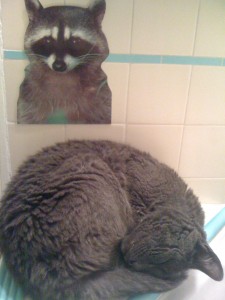Click here for direct link to audio Episode #13.
Click here for previous episodes.
It is important to note that the Roman Empire could not have existed without the free labor of those forced into slavery. The island of Delos was the hotspot for slave auctions. There, you could buy slaves from all over the empire to: keep your books on your farm in the country, take dictation in your consul meetings, tutor your first-born son, protect your house, fix your hair and make-up in the morning, manage your villa in Gaul, raise your children, cook the day’s meal, beat & torture your other slaves when they got out of line, and remain so faithful that he kills himself when you die! Imagine—most of the people in Rome were slaves! The worship of Isis by the Egyptian slaves of Rome became a bone of contention with the imperial government and their most important temple was destroyed a number of times over the centuries. Does slave-labor exist today? Something for our young people to think about. And can low-wages be considered a form of slavery? Aaahhh, the quest for the truth leads you down all kinds of roads! Back to the ancient world!
Today’s podcast is the first in a five-part series on the pre-Christian religions of the ancient world. The Pantheon of Greek & Roman gods and goddesses lead the series with a look at the important devotional practices of the everyday citizen of Athens & Rome. Second in the series addresses the Eleusian mysteries concentrated around the worship of Demeter and Kore (her daughter, Persephone). The third in the series explores the military aspects of Mithraism and its early importance to the ordinary Roman soldier and its later importance to the political elite of Rome. Our fourth episode follows the establishment of Isis worship outside of Egypt, and in Rome and her provinces, in particular. The final episode in the series will feature the Cult of Dionysus and all the wild goings-on of the bacchanalia.
Here is the FTD florist logo discussed in today’s podcast, which features Hermes/Mercury, the messenger god. 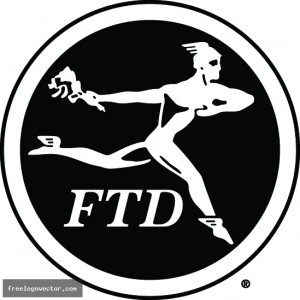
And a sad image of the revolting practice of animal slaughter for the pleasure of the Roman masses. “Bread & circuses†sums up how the Roman government provided food and entertainment to keep the Roman people off the streets and pacified. Why revolt when your stomach is full and you’ve had some fun down at the Coliseum?


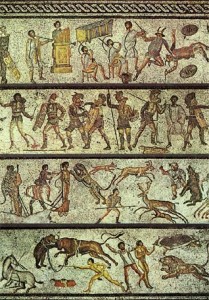
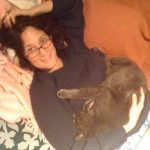
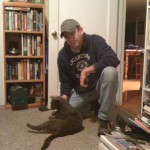 David’s dear friend Seek died today. We had been taking care of him since Monday, making him comfortable and surrounding him with the things he loved. We watched his body shut down slowly. David gave him a thorough brushing yesterday, and again today after he passed. These are photos of him from healthier times.
David’s dear friend Seek died today. We had been taking care of him since Monday, making him comfortable and surrounding him with the things he loved. We watched his body shut down slowly. David gave him a thorough brushing yesterday, and again today after he passed. These are photos of him from healthier times.